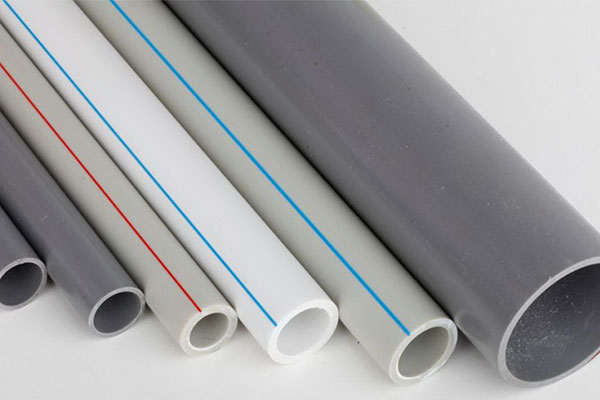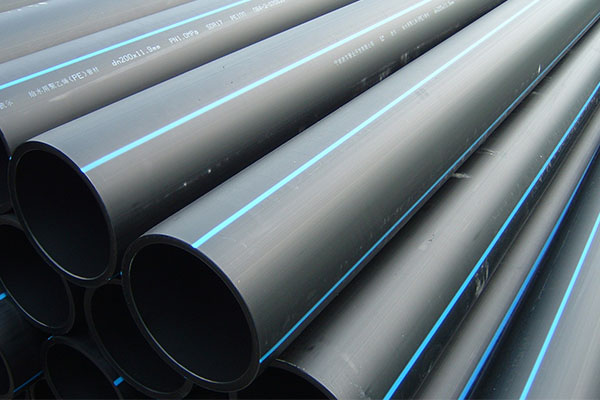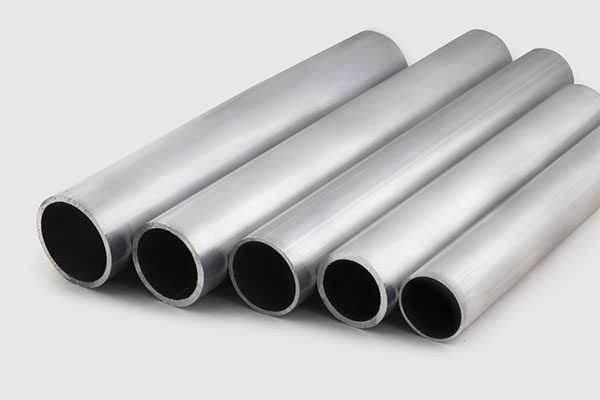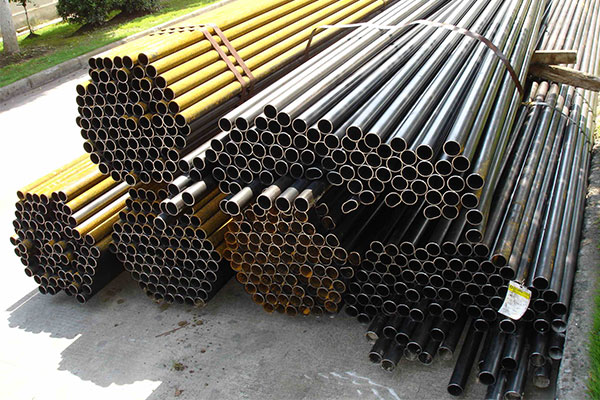What Type of Pipe Is Used for Irrigation?
Irrigation is the lifeblood of agriculture, ensuring that crops receive the water they need to thrive. However, for an irrigation system to function effectively, it requires the right type of pipe to transport water efficiently and reliably. In this article, we will explore the various types of pipes used for irrigation and discuss their advantages and disadvantages to help you make an informed choice for your irrigation needs.
1. PVC Pipe

Polyvinyl Chloride (PVC) pipe is one of the most popular choices for irrigation systems. PVC pipes are known for their durability, affordability, and ease of installation. They come in a variety of sizes and can withstand a wide range of temperatures, making them suitable for various climates.
Advantages:
- Affordability: PVC pipes are cost-effective, making them an attractive option for budget-conscious farmers and gardeners.
- Durability: They are resistant to corrosion and have a long lifespan, making them a reliable choice for long-term irrigation systems.
- Easy Installation: PVC pipes are lightweight and easy to work with, reducing installation time and labor costs.
- Versatility: They can handle different types of water, including potable water and wastewater.
Disadvantages:
- Not UV Resistant: PVC pipes may degrade when exposed to prolonged sunlight, so they are better suited for buried or shaded installations.
- Limited Flexibility: They can be less flexible than other types of pipes, which may make them less suitable for certain configurations.
2. Polyethylene Pipe

Polyethylene (PE) pipe is another popular choice for irrigation. PE pipes are known for their flexibility and resistance to chemicals, making them a great option for a wide range of irrigation applications.
Advantages:
- Flexibility: PE pipes are highly flexible, making them suitable for uneven terrain and areas prone to ground movement.
- Chemical Resistance: They can handle a variety of water sources, including water with fertilizers and chemicals.
- UV Resistance: Many PE pipes are UV-resistant, ensuring they can be used above ground without degradation.
Disadvantages:
- Price: PE pipes can be more expensive than PVC pipes.
- Less Rigidity: While flexibility is an advantage, it may also be a disadvantage in certain situations where pipes need to maintain a rigid structure.
3. Aluminum Pipe

Aluminum pipes are known for their durability and resistance to corrosion. They are often used in agricultural irrigation systems due to their ability to withstand harsh conditions.
Advantages:
- Durability: Aluminum pipes are highly durable and can last for many years without corroding.
- High Pressure Tolerance: They can handle high water pressures, making them suitable for large-scale irrigation systems.
- Lightweight: Despite their durability, aluminum pipes are lightweight and easy to transport and install.
Disadvantages:
- Cost: Aluminum pipes tend to be more expensive than PVC or PE pipes.
- Thermal Conductivity: They can conduct heat, which may not be suitable for applications where temperature control is critical.
4. Steel Pipe

Steel pipes, particularly galvanized steel, are robust and durable, often used in industrial and high-pressure irrigation systems.
Advantages:
- Strength: Steel pipes are strong and can handle high-pressure water flow.
- Longevity: When properly maintained, they can last for a very long time.
- Corrosion Resistance: Galvanized steel is resistant to corrosion.
Disadvantages:
- Cost: Steel pipes tend to be more expensive than other materials.
- Weight: They are heavier and more challenging to install than some other options.
- Rust Risk: Over time, galvanized steel pipes may develop rust, which can affect water quality.
In conclusion, the type of pipe you choose for your irrigation system depends on your specific needs, budget, and environmental factors. PVC pipes are cost-effective and easy to install, while polyethylene pipes offer flexibility and chemical resistance. Aluminum pipes are durable and lightweight, making them suitable for many applications, and steel pipes are known for their strength and longevity, but they can be heavier and more expensive. When selecting the right pipe for your irrigation project, it’s essential to consider the specific requirements of your system and weigh the advantages and disadvantages of each type of pipe to make an informed decision.
